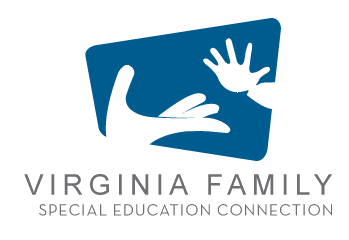Booklet: Mental Health and Disability - Tennessee Kindred Stories of Disability 2023 (Vanderbilt Kennedy Center)
Description:
Adults with intellectual and developmental disabilities (IDD) report mental distress almost five times more often than adults without disabilities. Despite the prevalence, little is known about the best approaches for supporting the needs of people with IDD and co-occurring mental health challenges. In the stories shared in this issue of Kindred Stories of Disability, we see consistent themes. Tennesseans with co-occurring disabilities and mental health concerns face:
- Increased stigma due to disability and mental health concerns;
- Feelings of isolation;
- Lack of professional support and treatment options;
- Inability to afford ongoing treatment; and Lack of knowledge and vocabulary about mental health.
Individuals with IDD can experience any psychiatric disorder in the Diagnostic and Statistical Manual of Mental Disorders, Fifth Edition (DSM-5), including, but not limited to, attention-deficit/hyperactivity disorder (ADHD), oppositional defiant disorder, behavior disorders, substance abuse disorders, depression, obsessive-compulsive disorder (OCD), anxiety, post-traumatic stress disorder (PTSD), and conduct disorder. However, unlike the general population, psychiatric symptoms in this population are often attributed to their disability rather than mental illness, in a phenomenon known as “diagnostic overshadowing.”
This booklet aims to educate readers about the challenges and experiences of Tennesseans in hopes to bring more awareness and understanding to the impact mental health concerns have on individuals with disabilities.





